62 Best Alcohol and Drug Rehabs in New York City, NY 2025

7.75

6.91

7.41

7.75

7.43

6.71

7.14

7.30
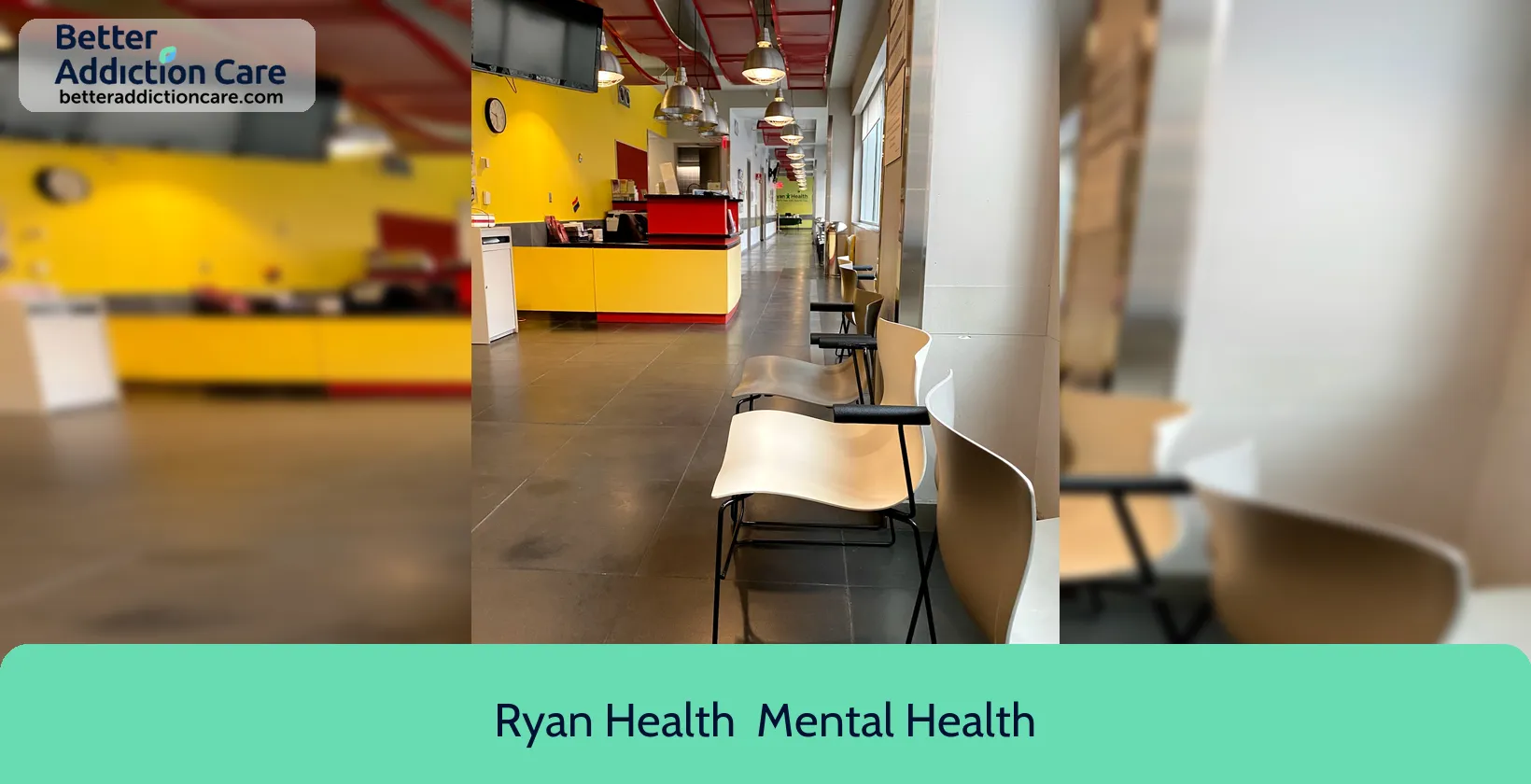
6.68
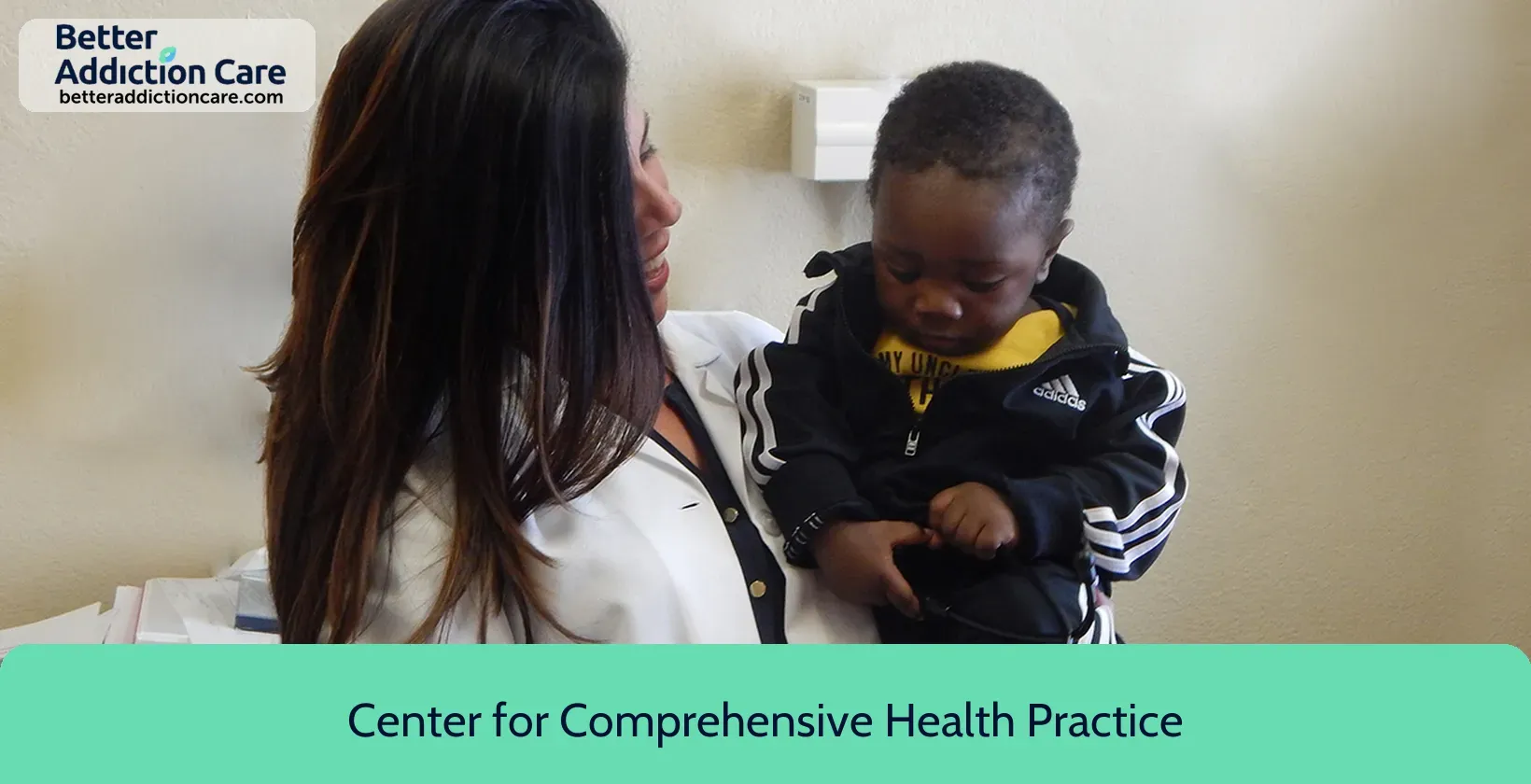
7.48
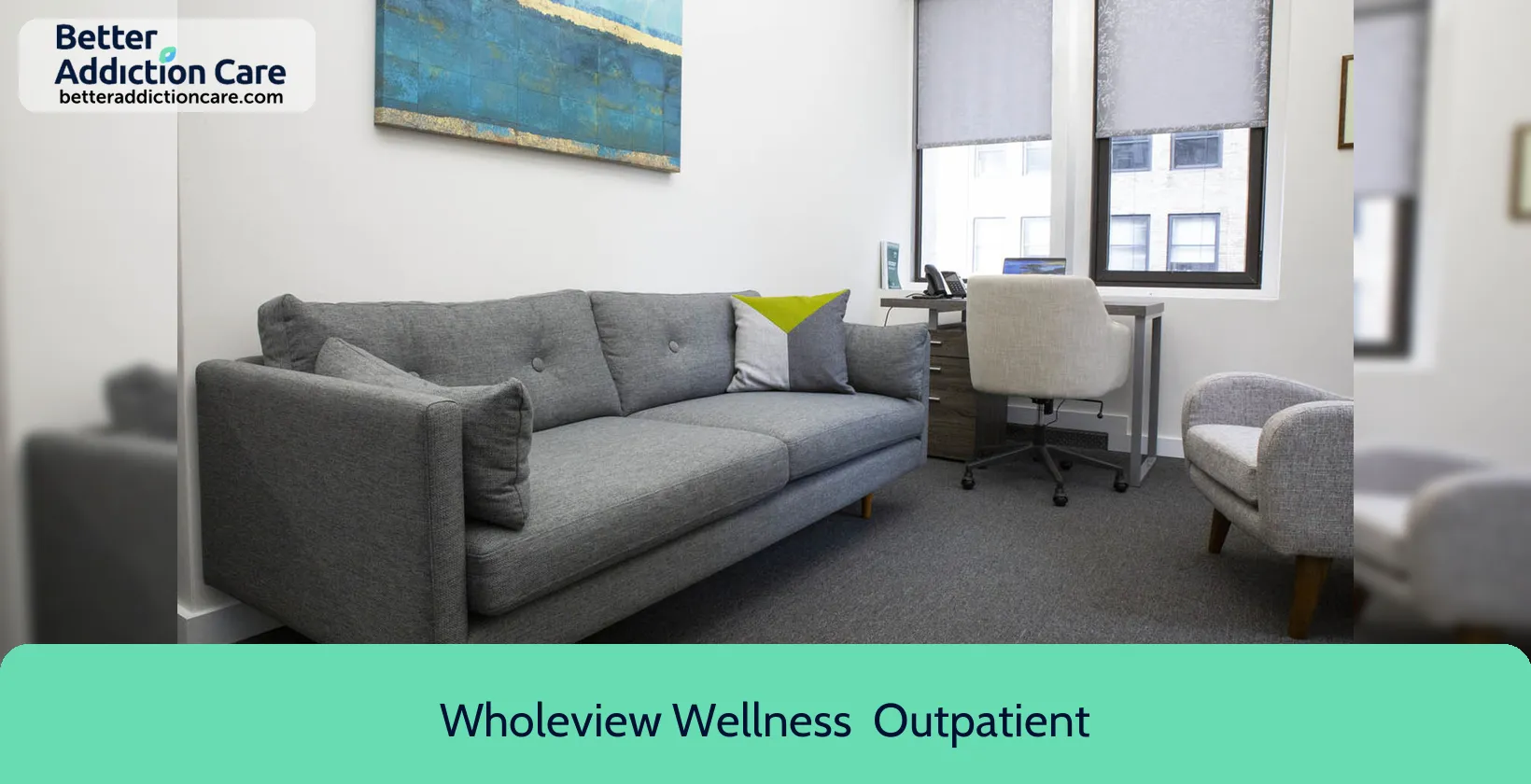
7.36
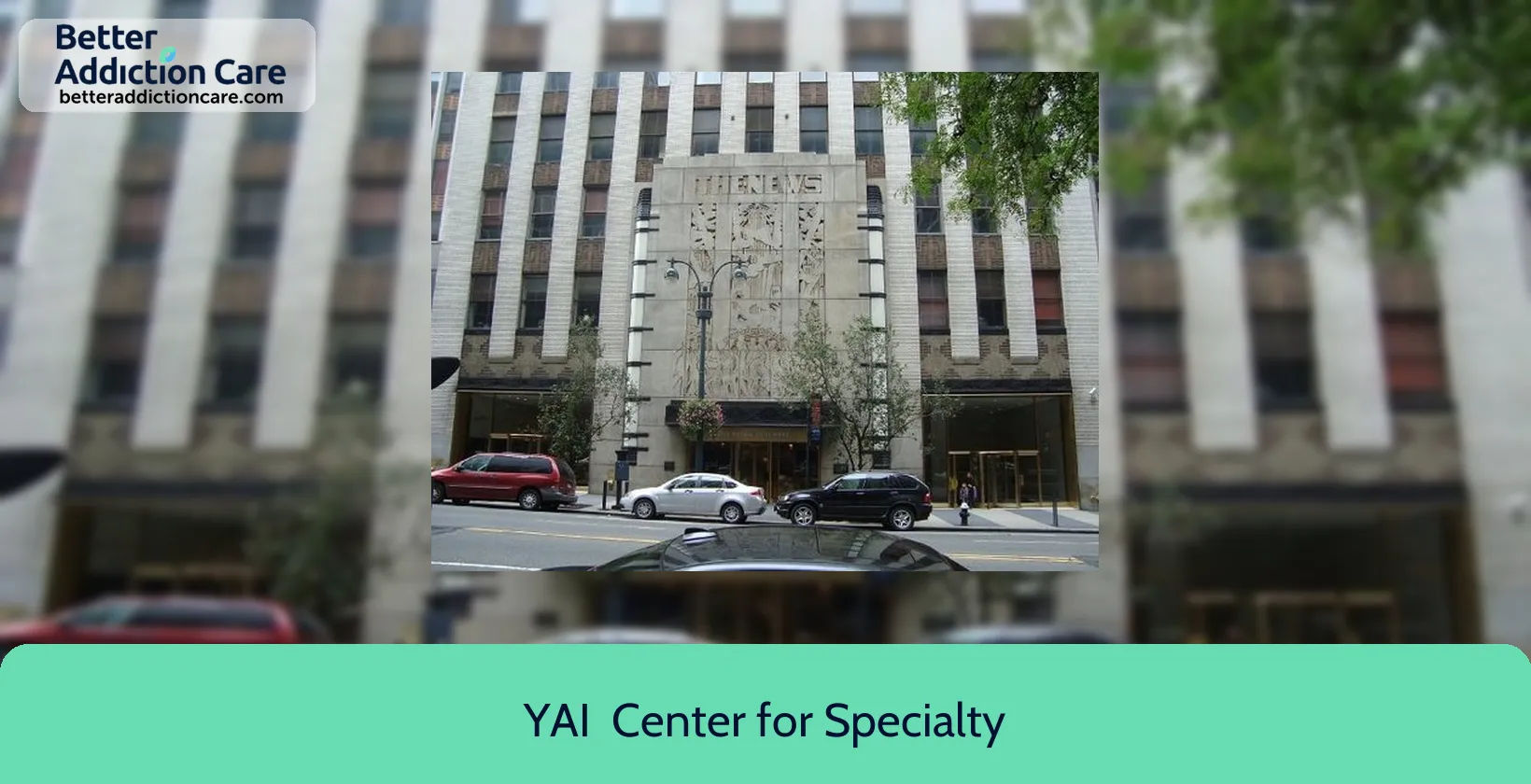
6.62
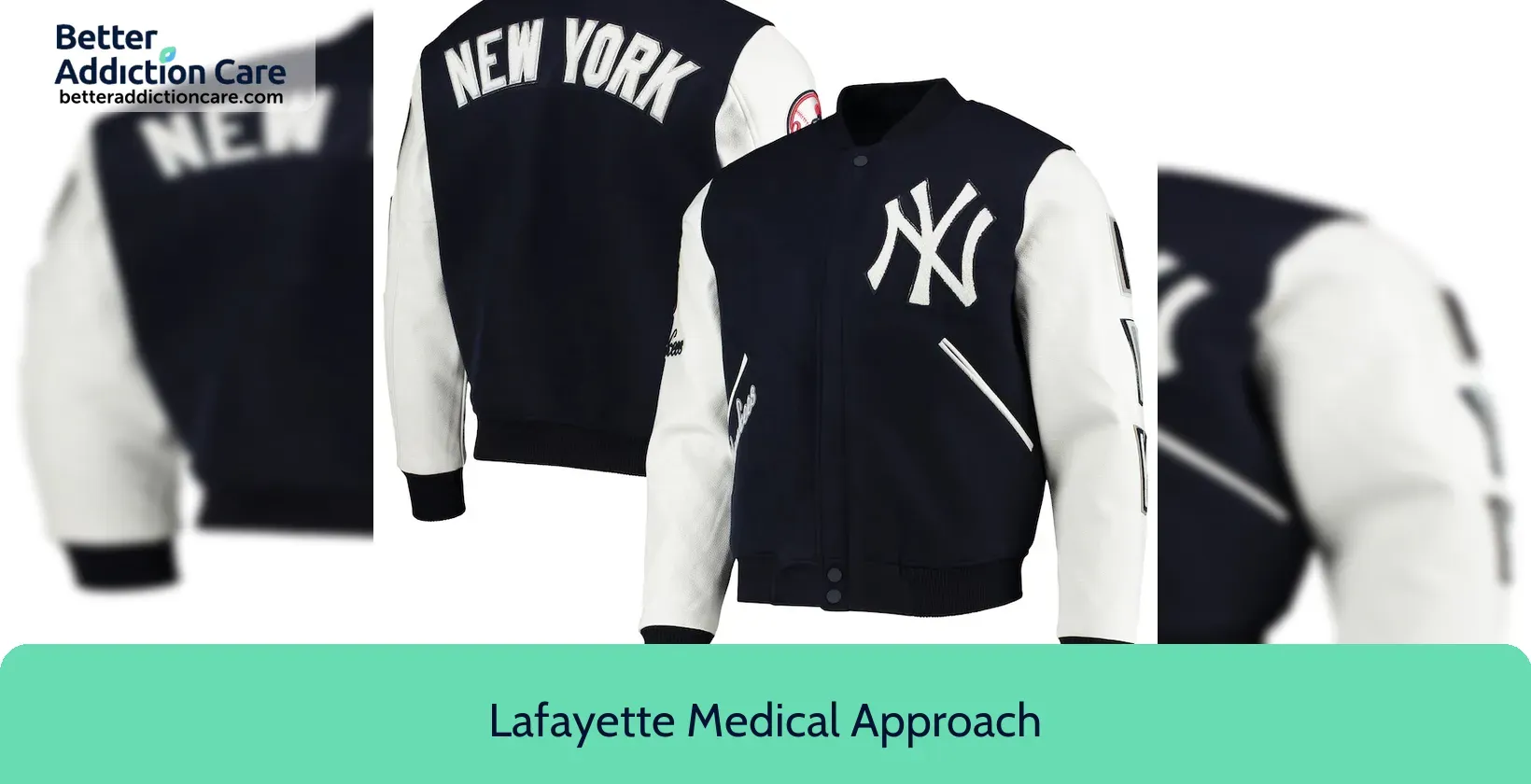
7.34
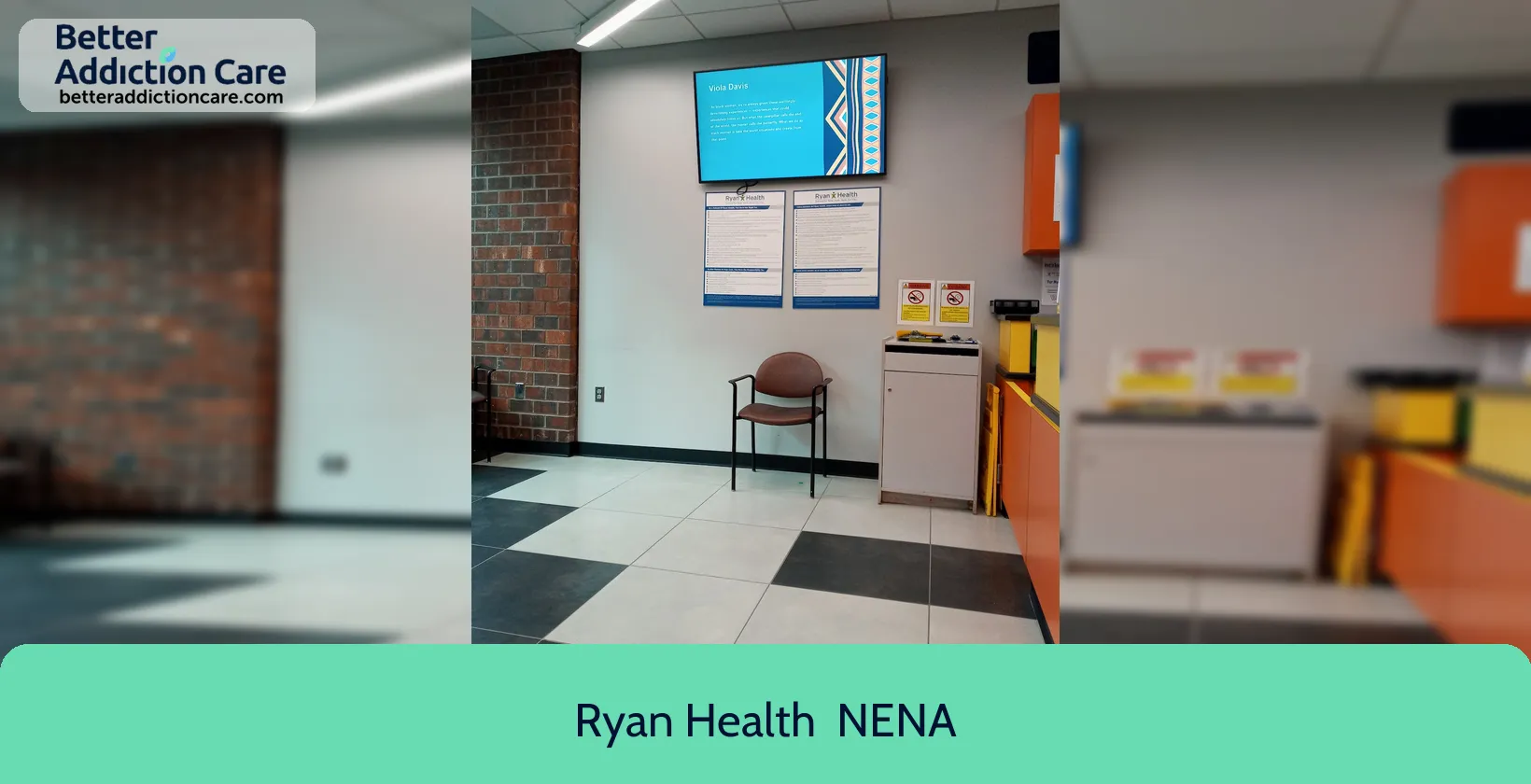
6.68
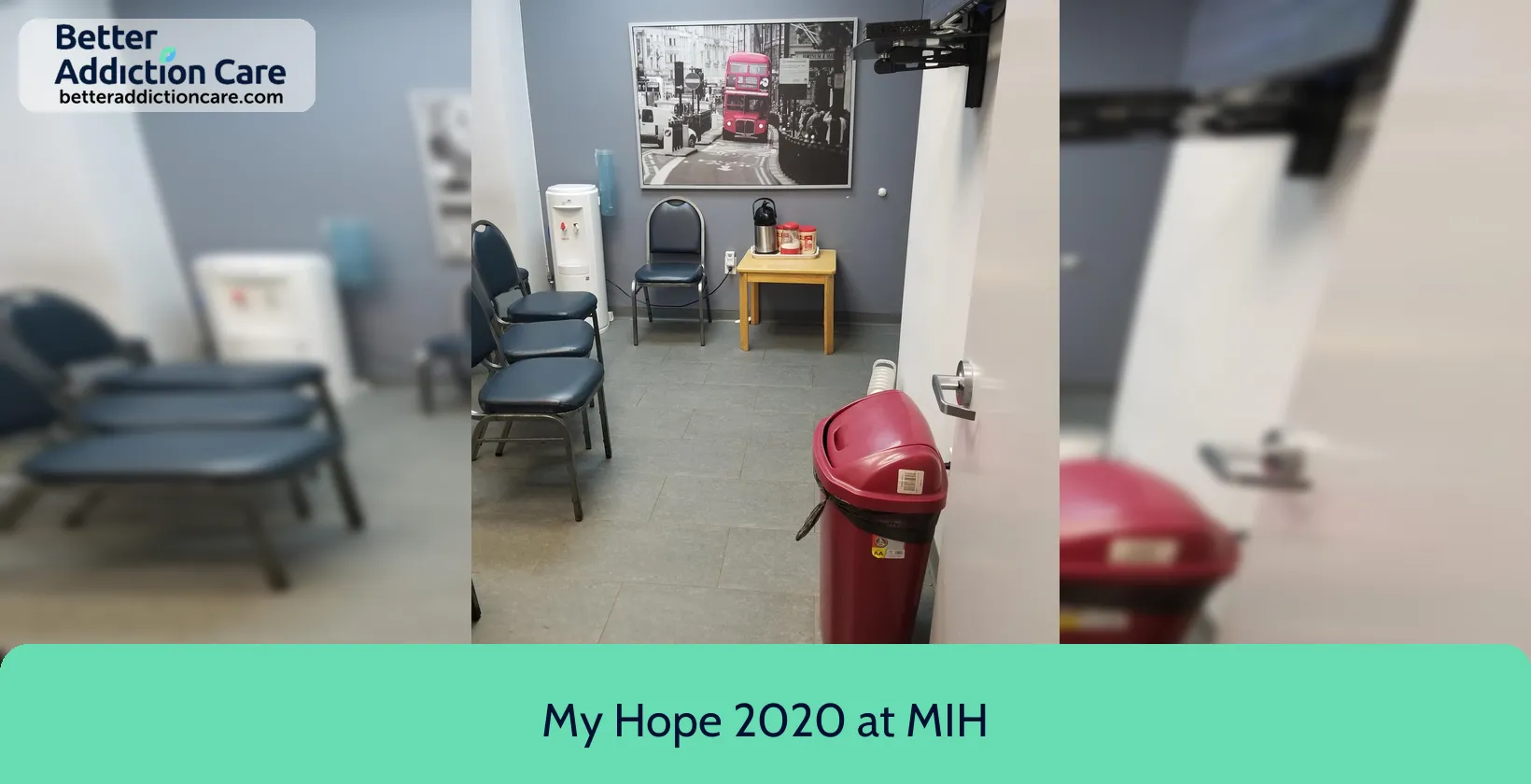
7.40
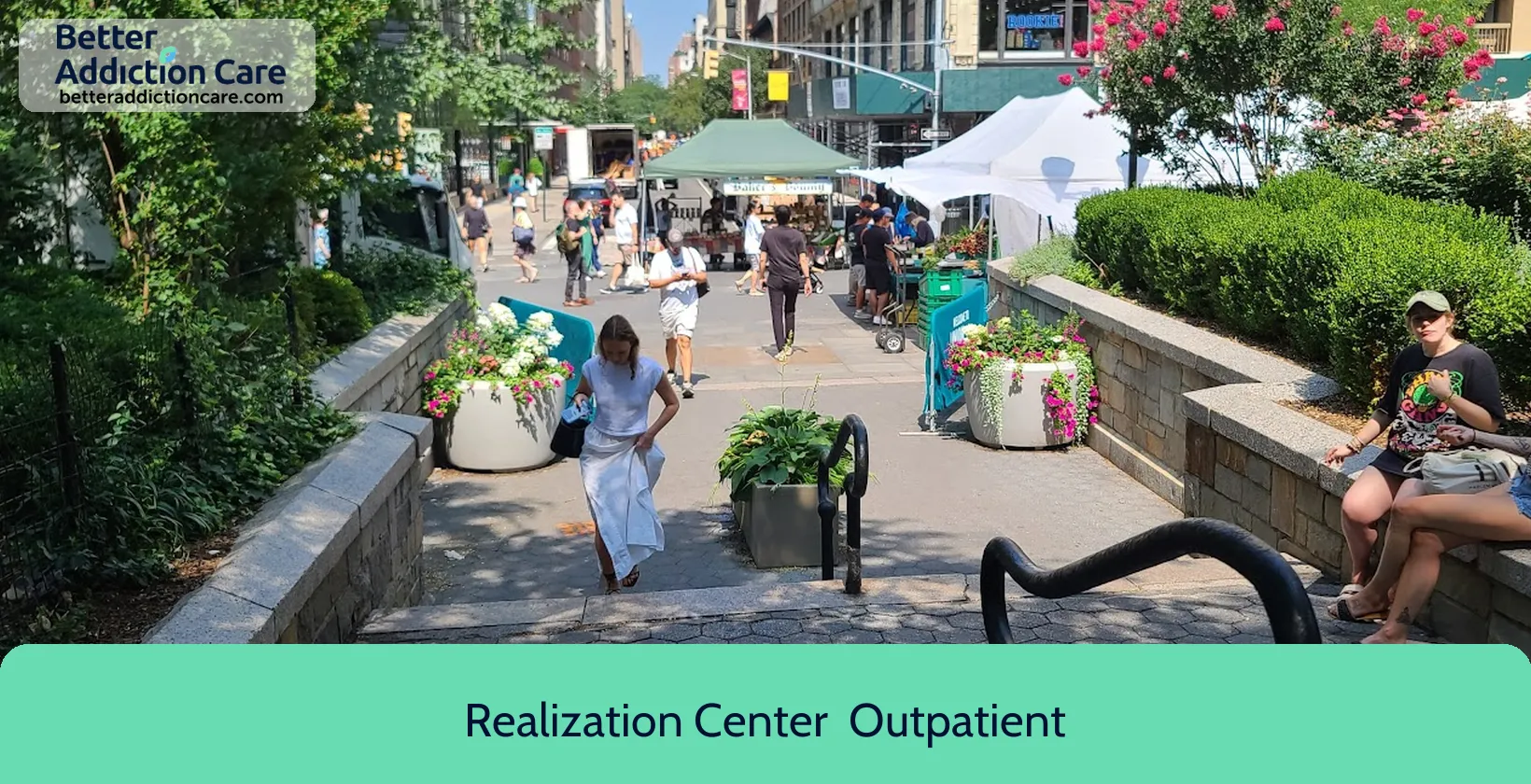
7.48
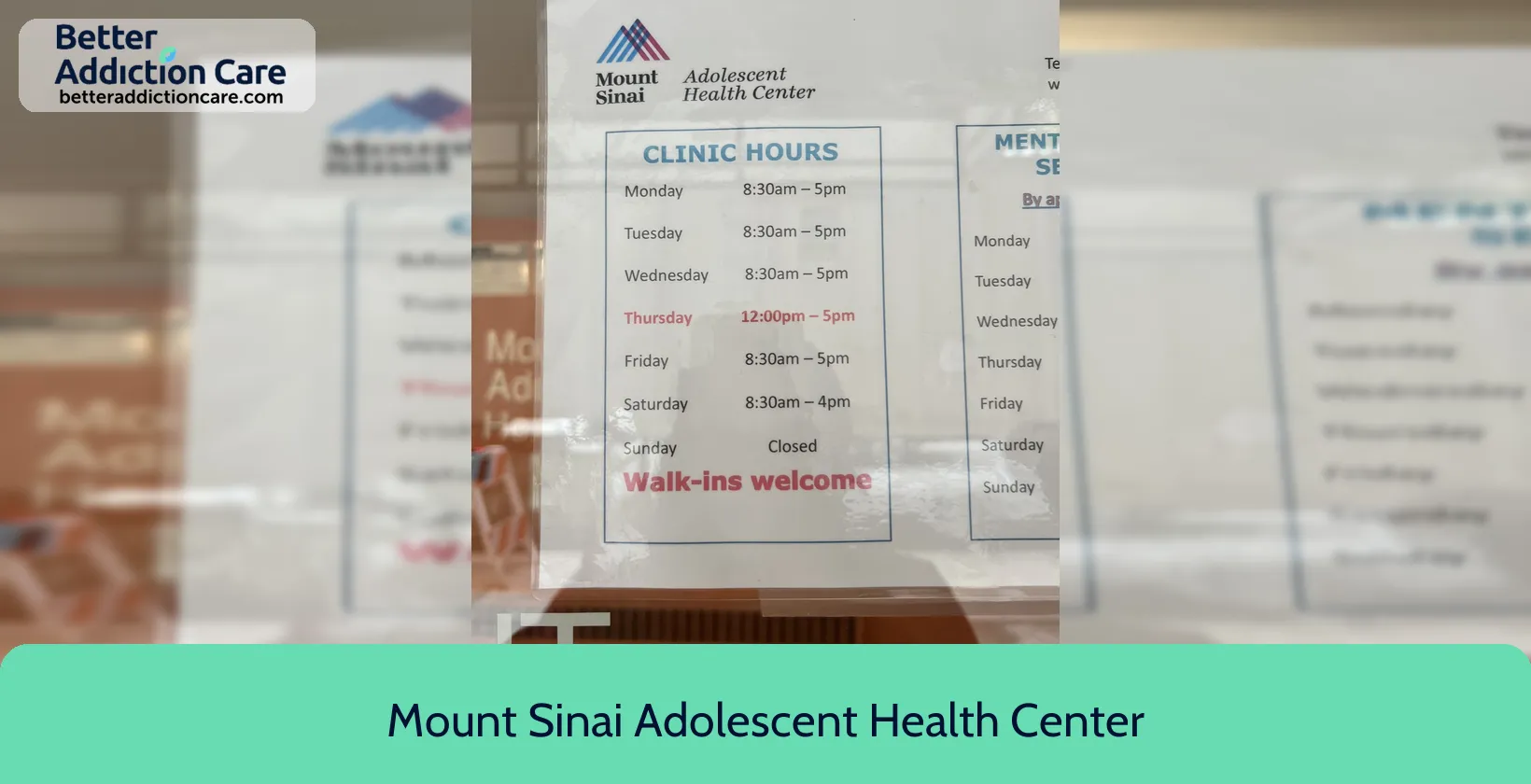
6.93
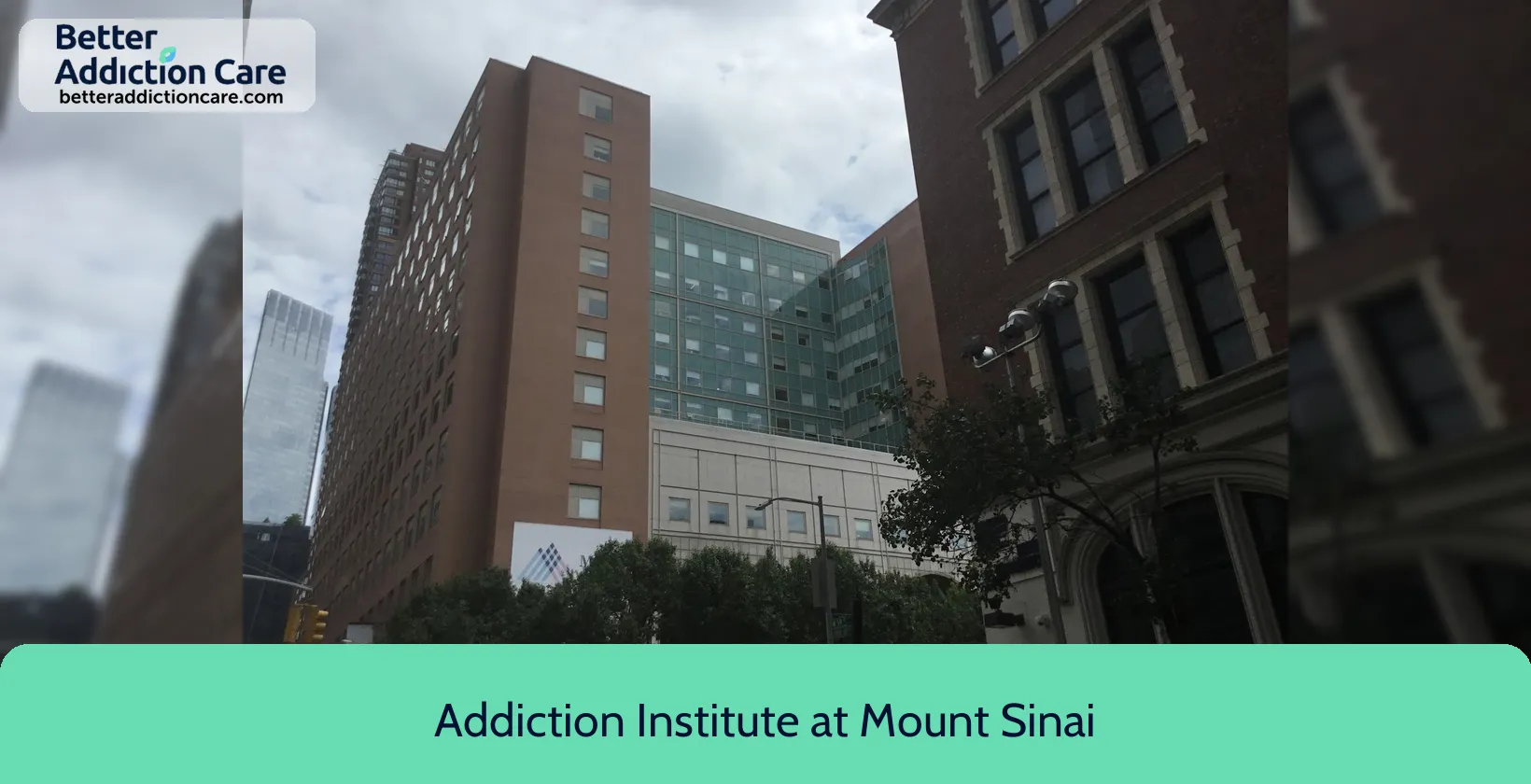
7.28
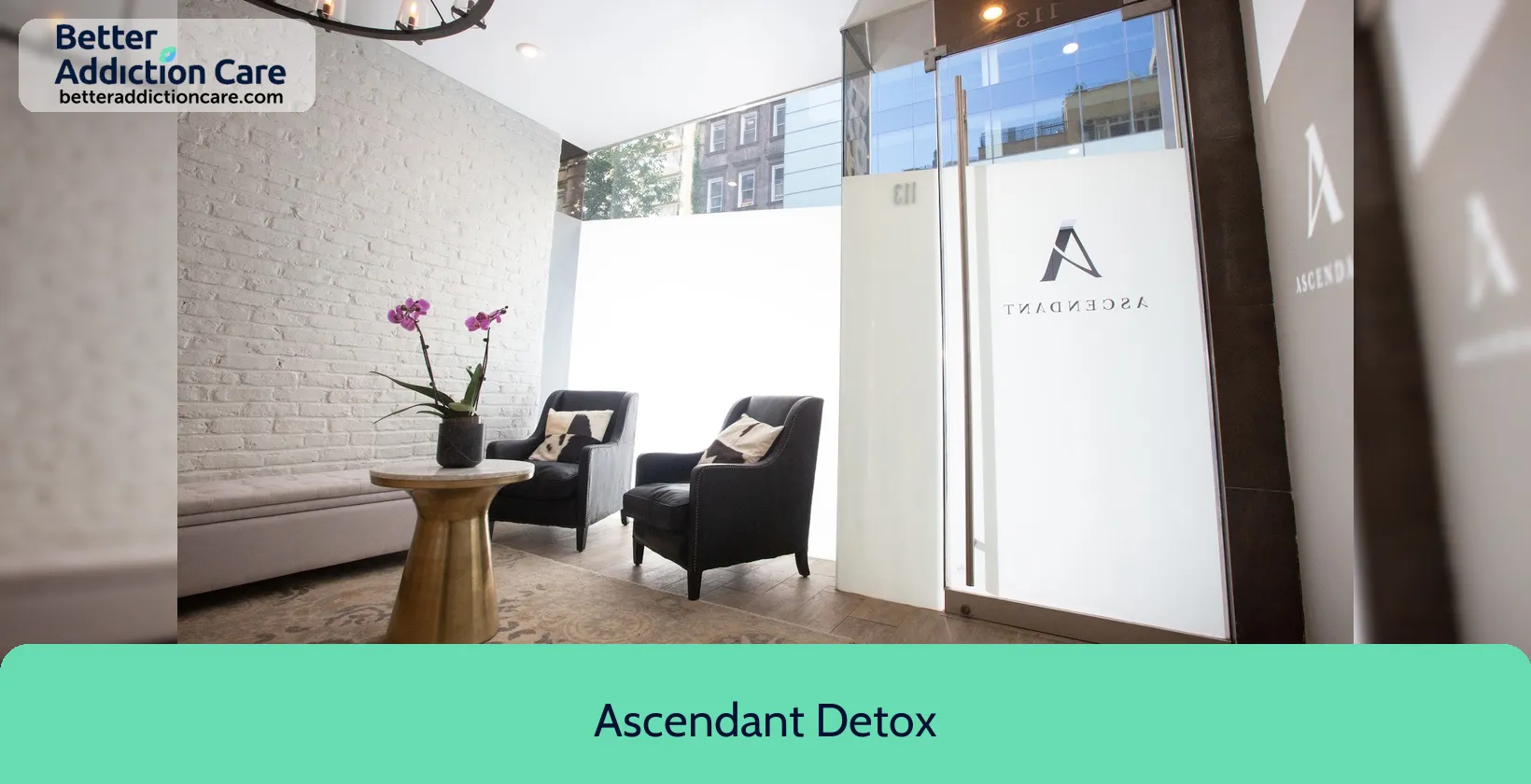
7.52
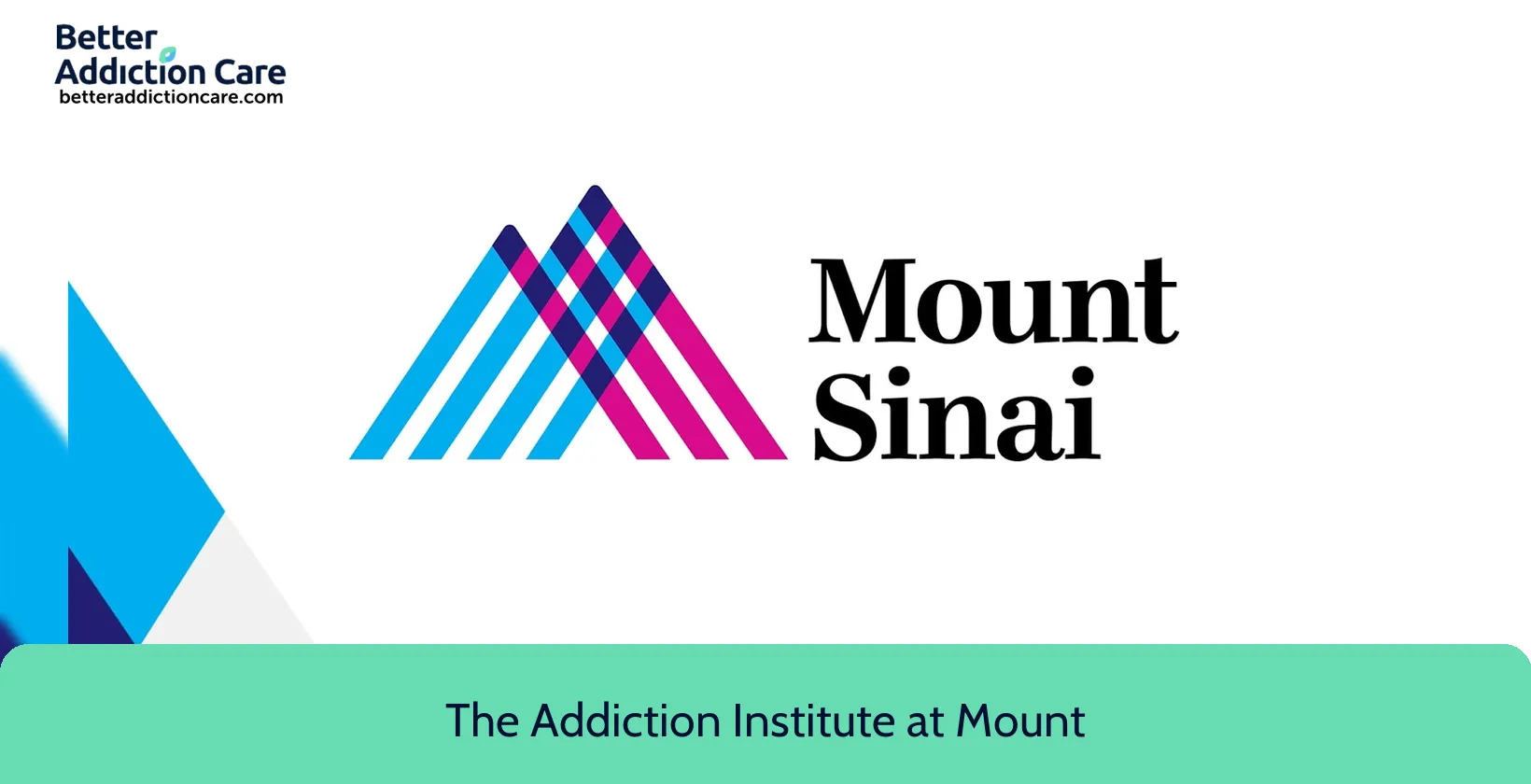
7.50
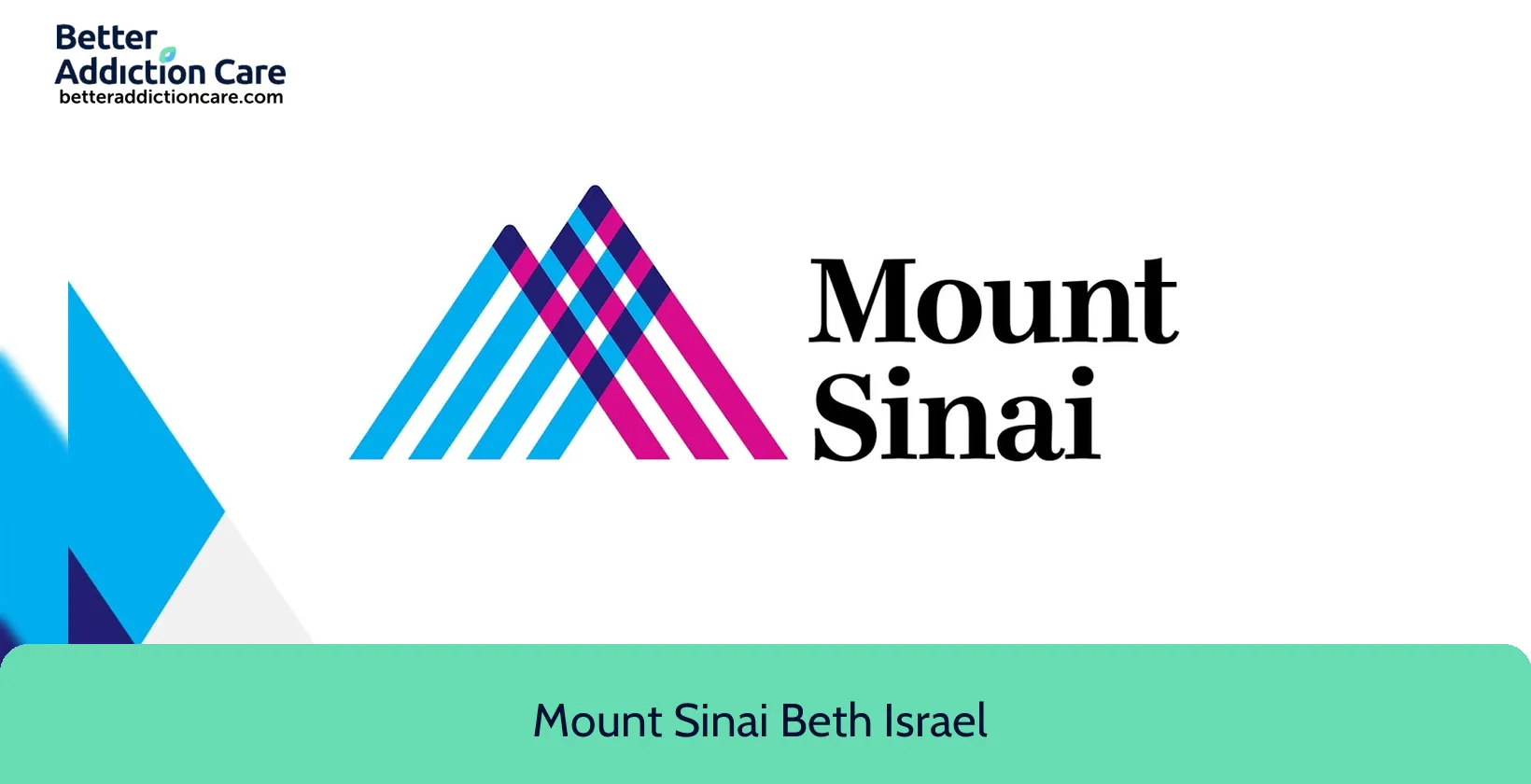
7.68
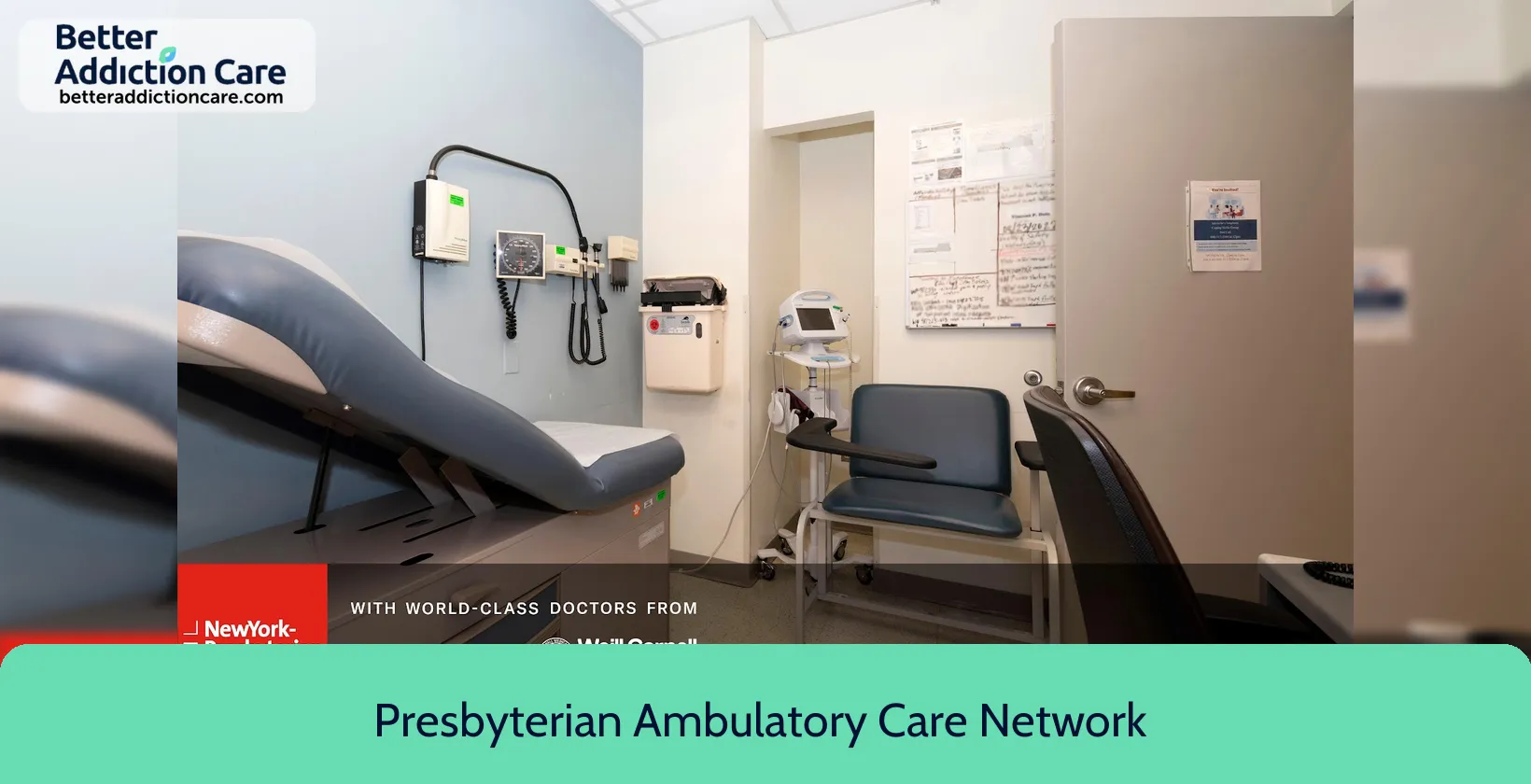
7.27
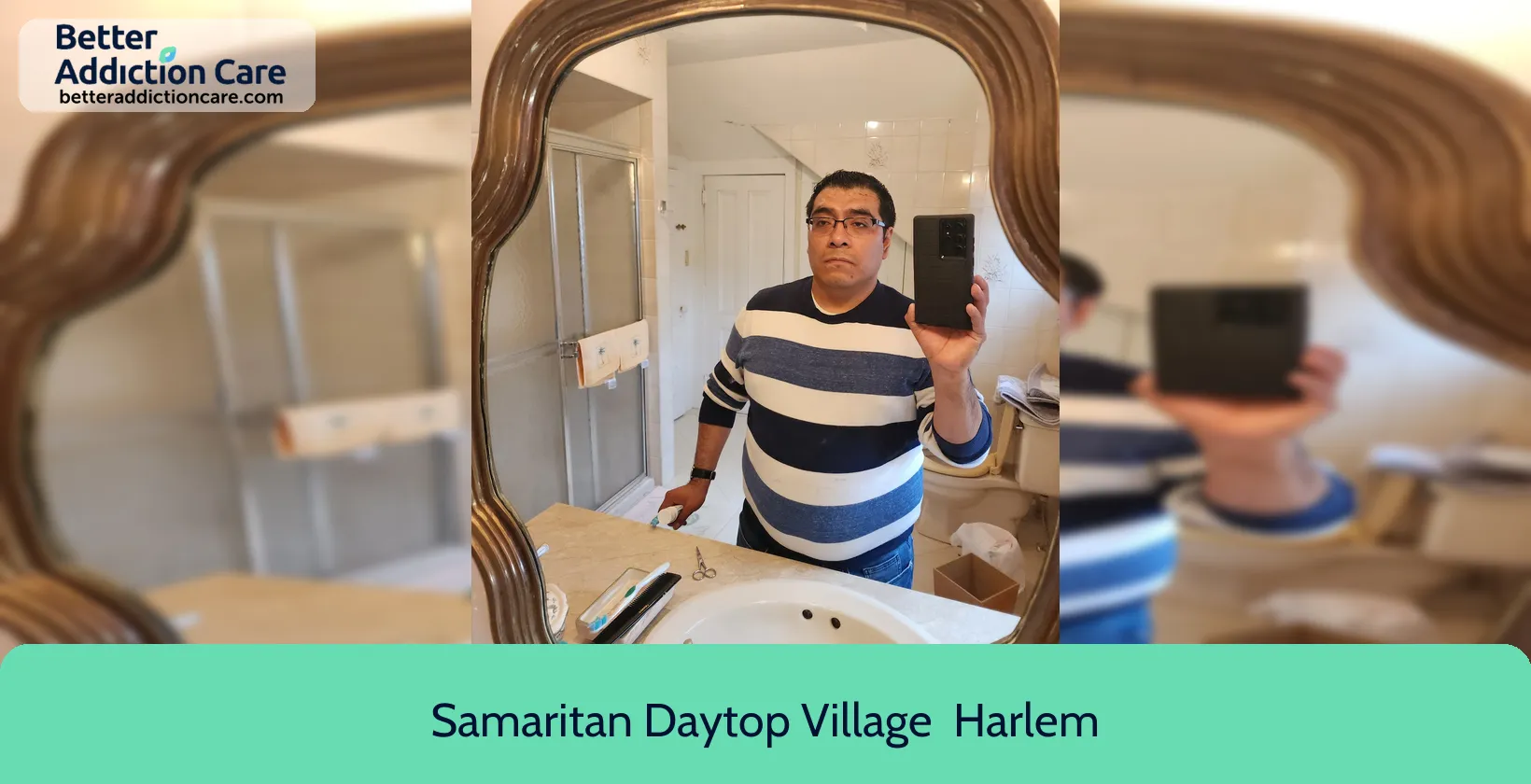
7.41
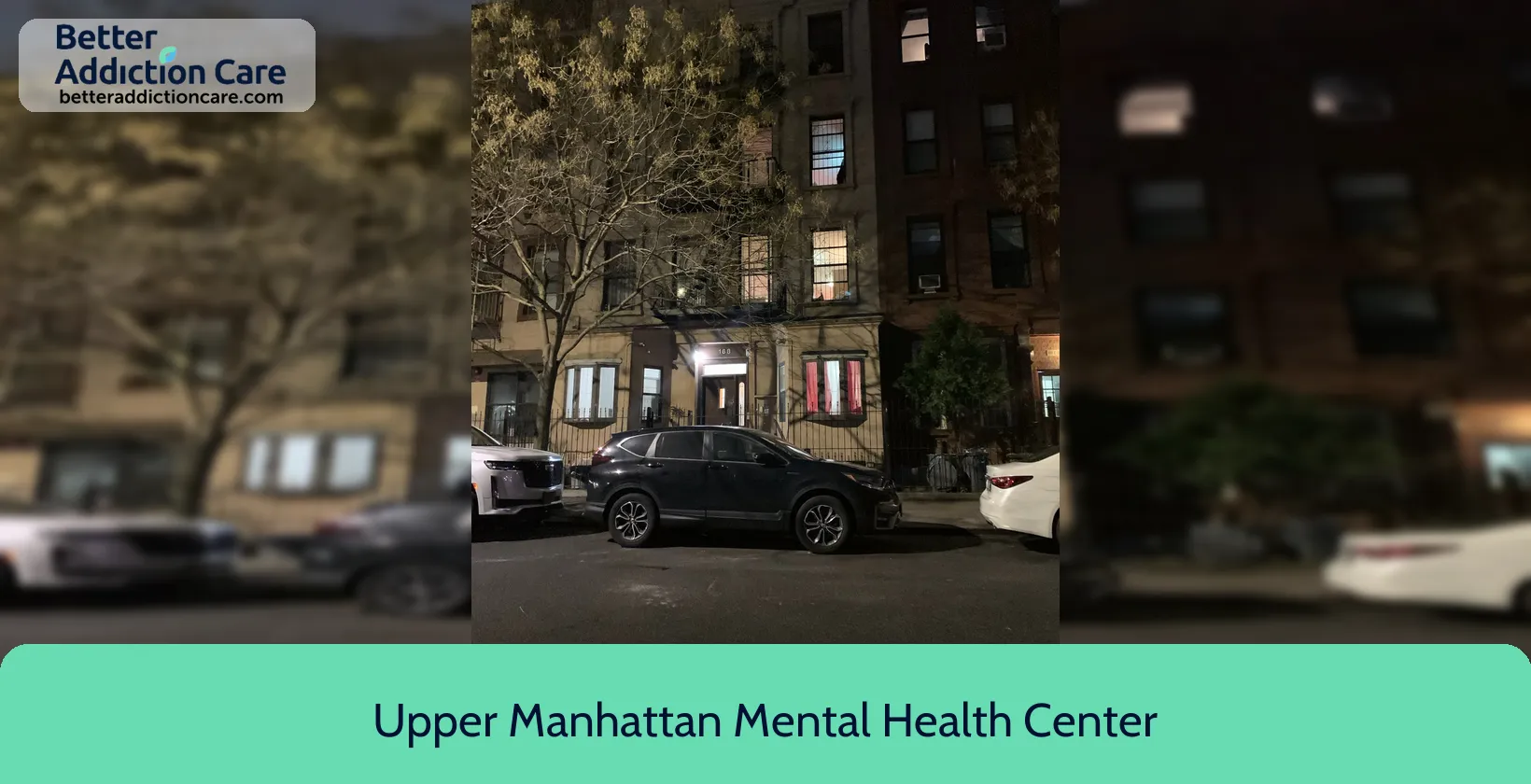
6.86

6.68
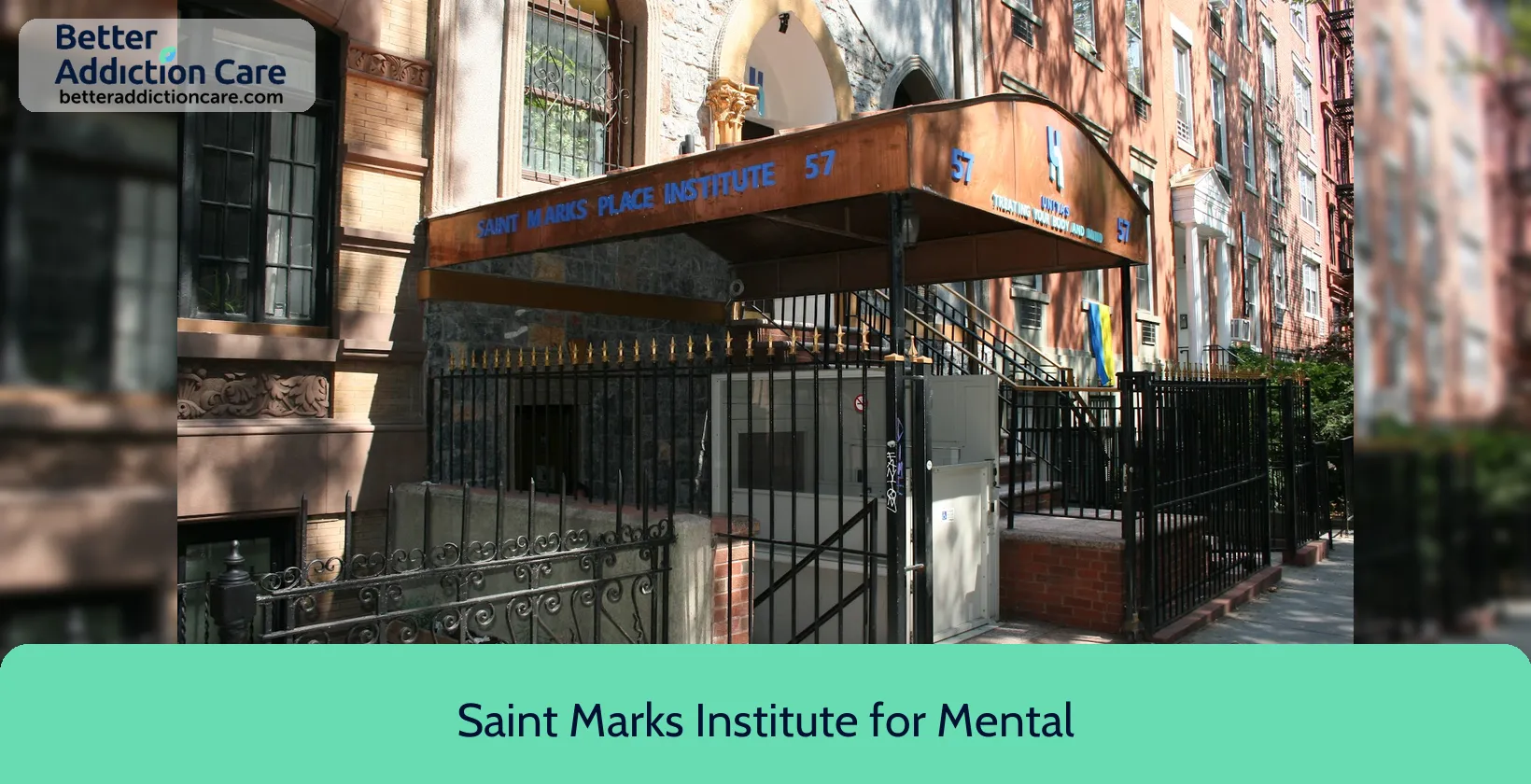
6.71

6.65
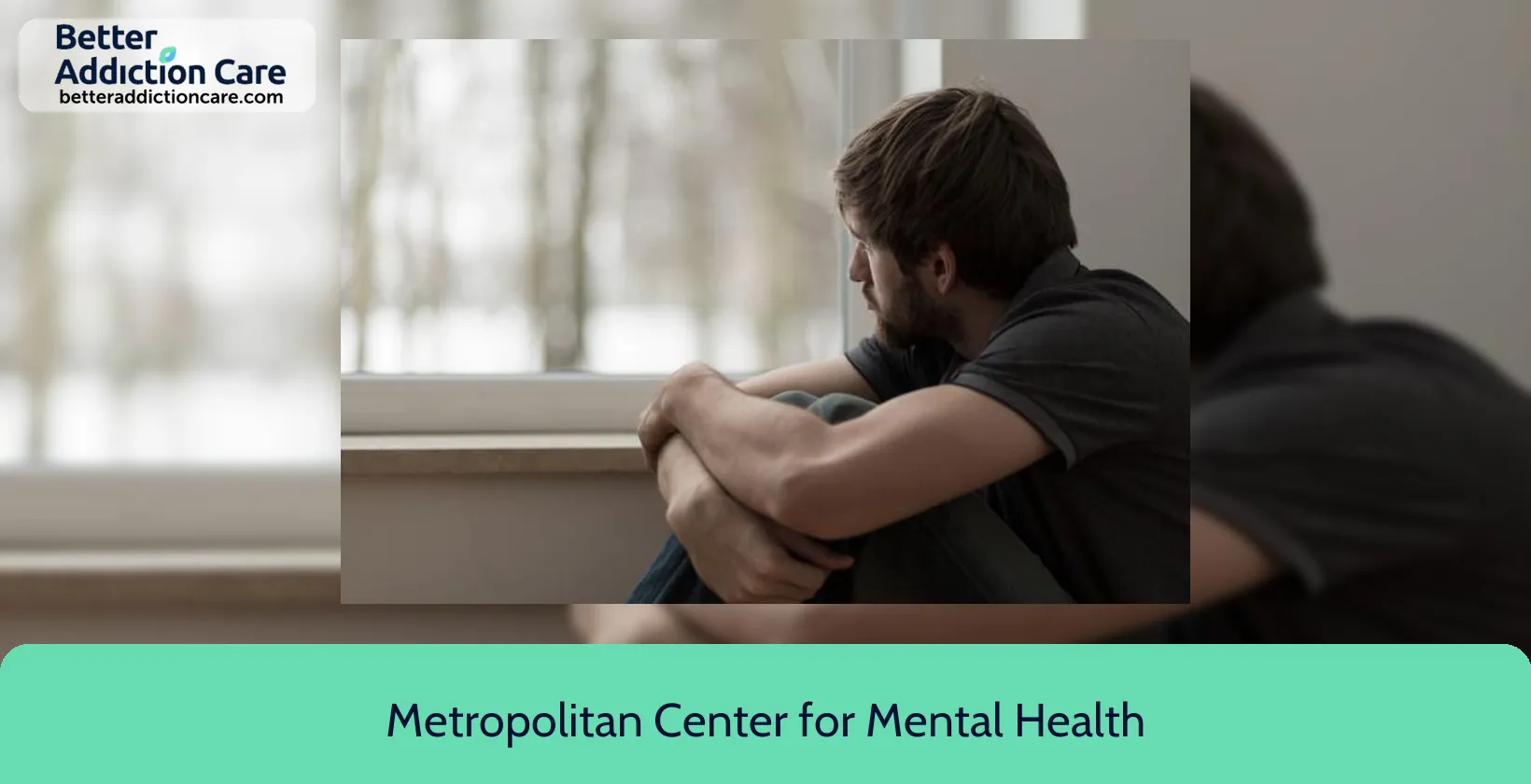
6.65
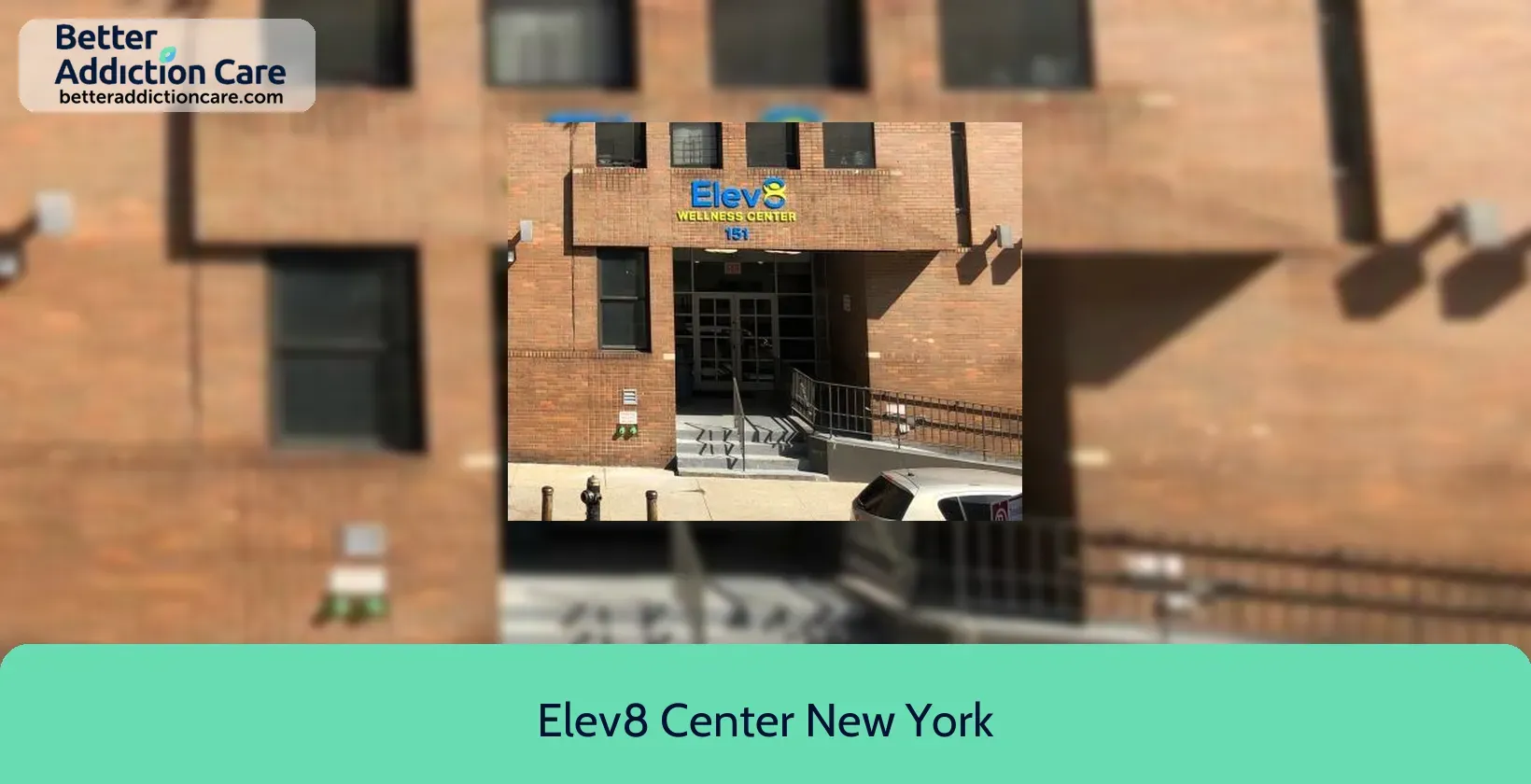
7.77

7.69

7.29

6.96

6.88

7.20

6.88

7.59

7.52

6.65

7.20

7.08

7.54

7.43

6.71

7.08

6.65

6.59

7.08

6.71

6.71

6.68
Local Rehabs in New York
Common Questions About Rehab in New York City
Take a look at our FAQ. We've tried to fill it with all the answers you're looking for. And if not, contact us on (888) 349-0436.


